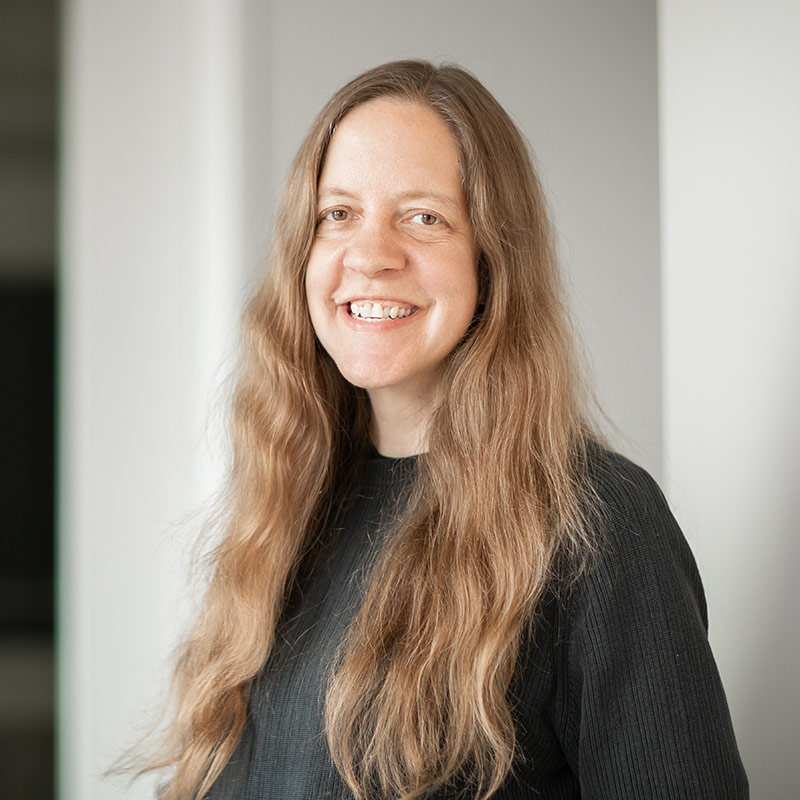Release of “Let Them Speak / In Search of the Drowned,” an innovative digital anthology of testimonies and hybrid monograph

In 2018, under the initiative of the Yale Library’s Fortunoff Video Archive, three leading institutions holding large collections of Holocaust testimonies agreed to make a portion of their materials available as transcripts, along with a subset of video recordings, in Let Them Speak / In Search of the Drowned: Testimonies and Testimonial Fragments of the Holocaust (LTS). LTS is a searchable digital anthology of testimonies which examines survivor experiences and uses them to understand the experiences of those who did not survive. It is also a dynamic monograph with essays by Dr. Gabor M. Toth, former research fellow at the Fortunoff Video Archive and the USC Shoah Foundation Center for Advanced Genocide Research.
The project was funded and developed by the Fortunoff Video Archive in partnership with the USC Shoah Foundation Center for Advanced Genocide Research (now the USC Dornsife Center for Advanced Genocide Research). The United States Holocaust Memorial Museum (USHMM) also provided research and technical assistance.
“From its inception, the Fortunoff Video Archive has employed new technology in its attempt to make testimony accessible, searchable and open to deep study by the research community,” says Stephen Naron, Director of the Fortunoff Video Archive. He notes that “LTS is another example of our ongoing effort to encourage engagement with testimony, and to allow researchers to employ new methods for analysis. Furthermore, we’re proud of this project as an example of what can be done when different organizations cooperate to help researchers conduct studies across collections.”
Let Them Speak was edited and built by Dr. Toth in collaboration with Yale's Digital Humanities Laboratory and in consultation with Fortunoff Video Archive, USC Shoah Foundation Center for Advanced Genocide Research, and United States Holocaust Memorial Museum. All three institutions made available a significant amount of collection materials for the project. Fortunoff Video Archive provided access to 180 transcripts from the Holocaust Survivor Film Project in the late 1970s and early 1980s. The United States Holocaust Memorial Museum contributed 1,500 interviews recorded between the 1970s and the late 1990s. USC Shoah Foundation provided 1,000 transcripts from its Visual History Archive testimonies recorded in the 1990s. The Fortunoff Video Archive and the USC Shoah Foundation Center for Advanced Genocide Research provided instrumental support and mentorship for Dr. Toth’s research through awarding him consecutive yearlong research fellowships at their respective institutions.
"The monograph brings memory, scholarship, and survivors' voices together; it addresses the question of how we can document the voiceless victims' emotional and mental experience in the 21st century," says Dr. Toth, adding that the project "also demonstrates how digital humanities and digital history can give rise to new forms of engagement with Holocaust testimony."
For the first time, this digital anthology of testimonies combines nearly 3,000 Holocaust survivor testimonies from three different collections, allowing for unprecedented forms of access, search, study, comparison, and analysis of survivor experiences and narratives.
“The cooperation of the three institutions and the innovative search tool allows researchers to study and compare survivor narratives of all three collections, which is a rare and valuable opportunity for scholars,” says Wolf Gruner, Shapell-Guerin Chair in Jewish Studies and Professor of History, University of Southern California and Founding Director of the USC Dornsife Center for Advanced Genocide Research (previously USC Shoah Foundation Center for Advanced Genocide Research). “However, what is truly ingenious about Gabor Toth’s work is that it enables people around the world, not just academics, to listen to the voices of survivors at critical junctures of their Holocaust experiences, which they shared with the ‘drowned’, those who were murdered. Drawing from the words of survivors, this tool offers insights into the experiences of the dead, who cannot speak anymore for themselves. Let Them Speak allows us to recover, restore, and include their perspectives in our understanding of this particularly important history.”
For more information on Let Them Speak, please visit:
https://lts.fortunoff.library.yale.edu/
For more information on the cooperating institutions, please visit:
Fortunoff Video Archive for Holocaust Testimonies at Yale University: https://fortunoff.library.yale.edu/
United States Holocaust Memorial Museum: https://www.ushmm.org/
USC Dornsife Center for Advanced Genocide Research (previously USC Shoah Foundation Center for Advanced Genocide Research): https://sfi.usc.edu/cagr
Like this article? Get our e-newsletter.
Be the first to learn about new articles and personal stories like the one you've just read.
